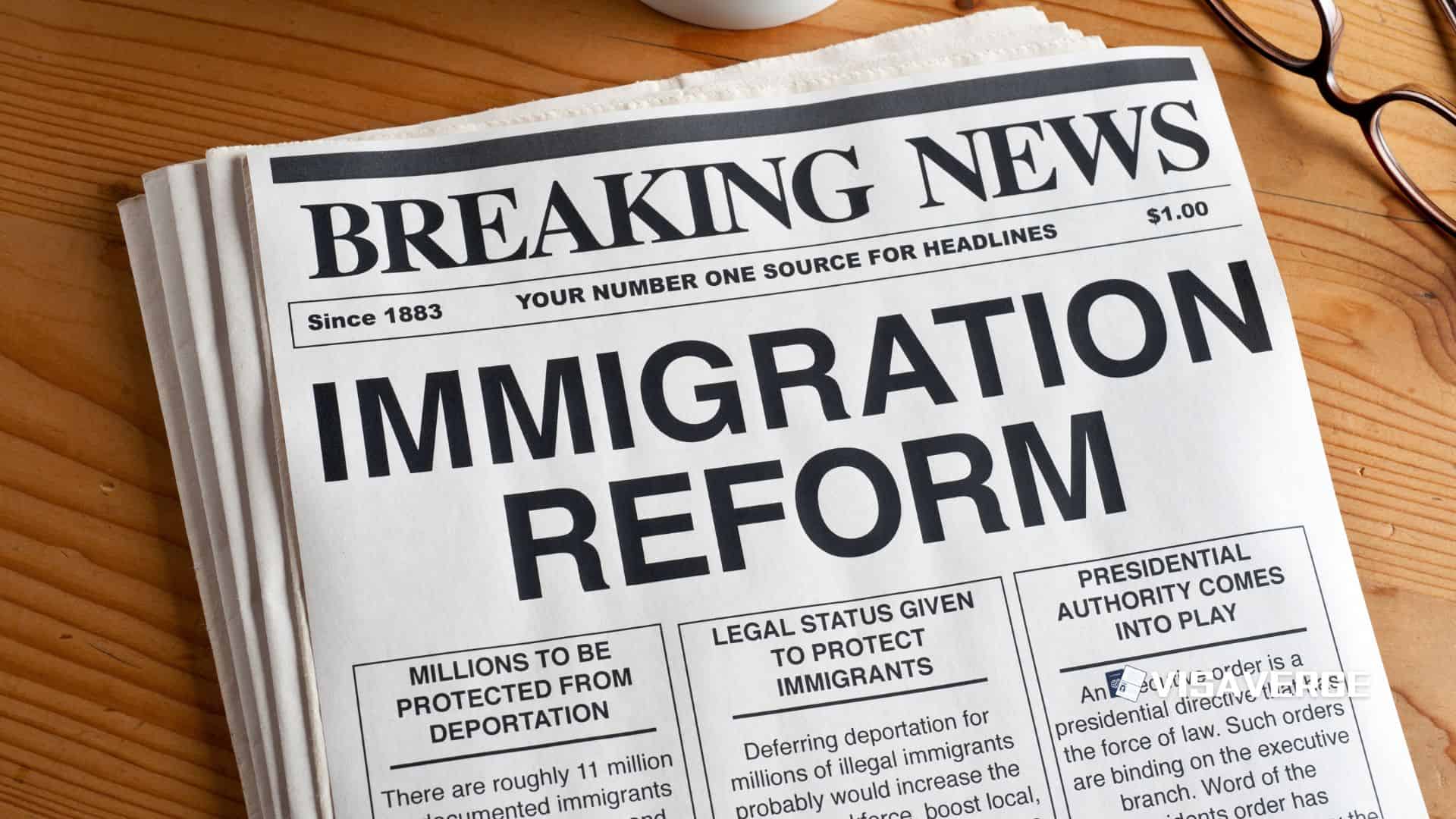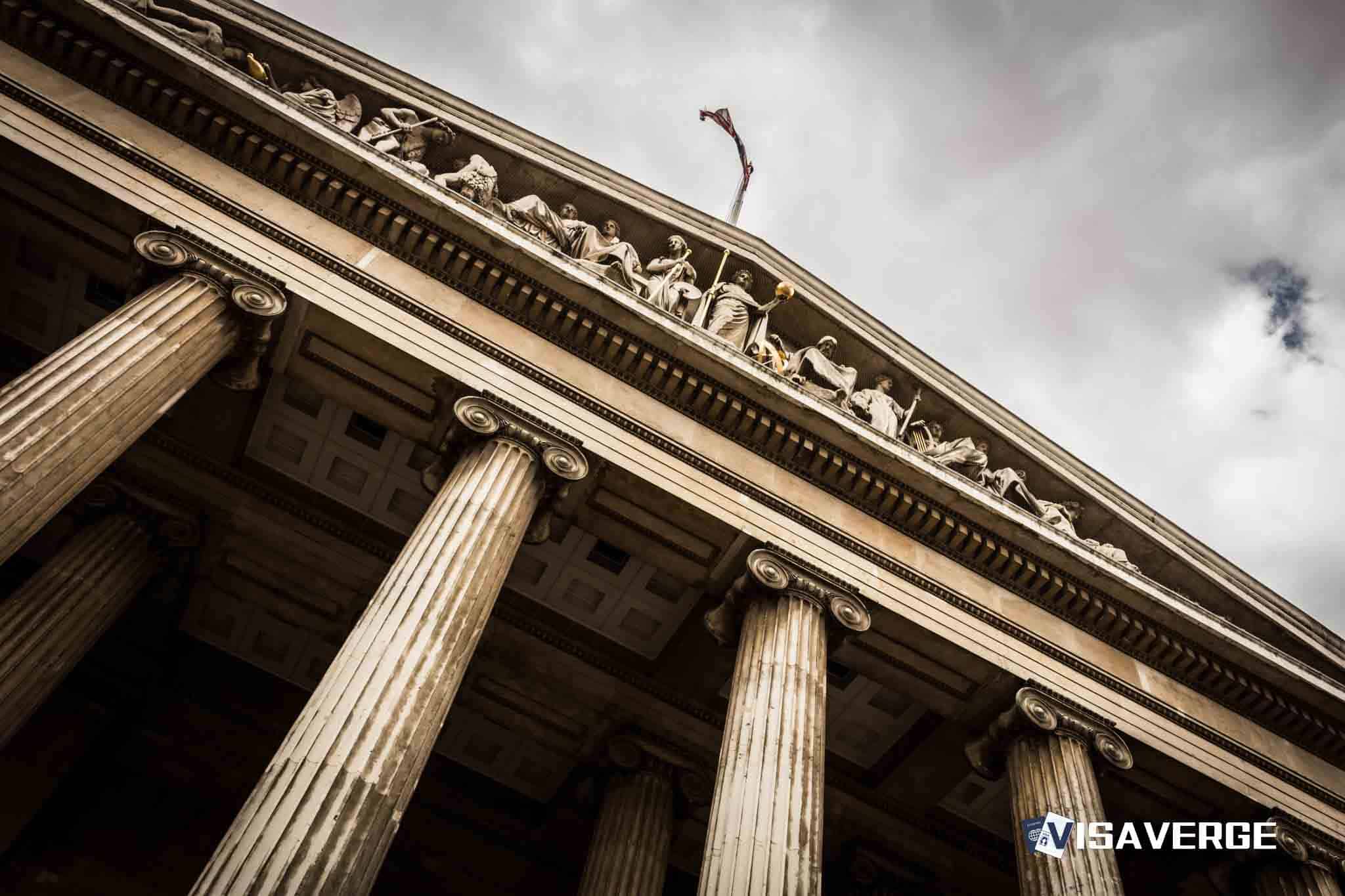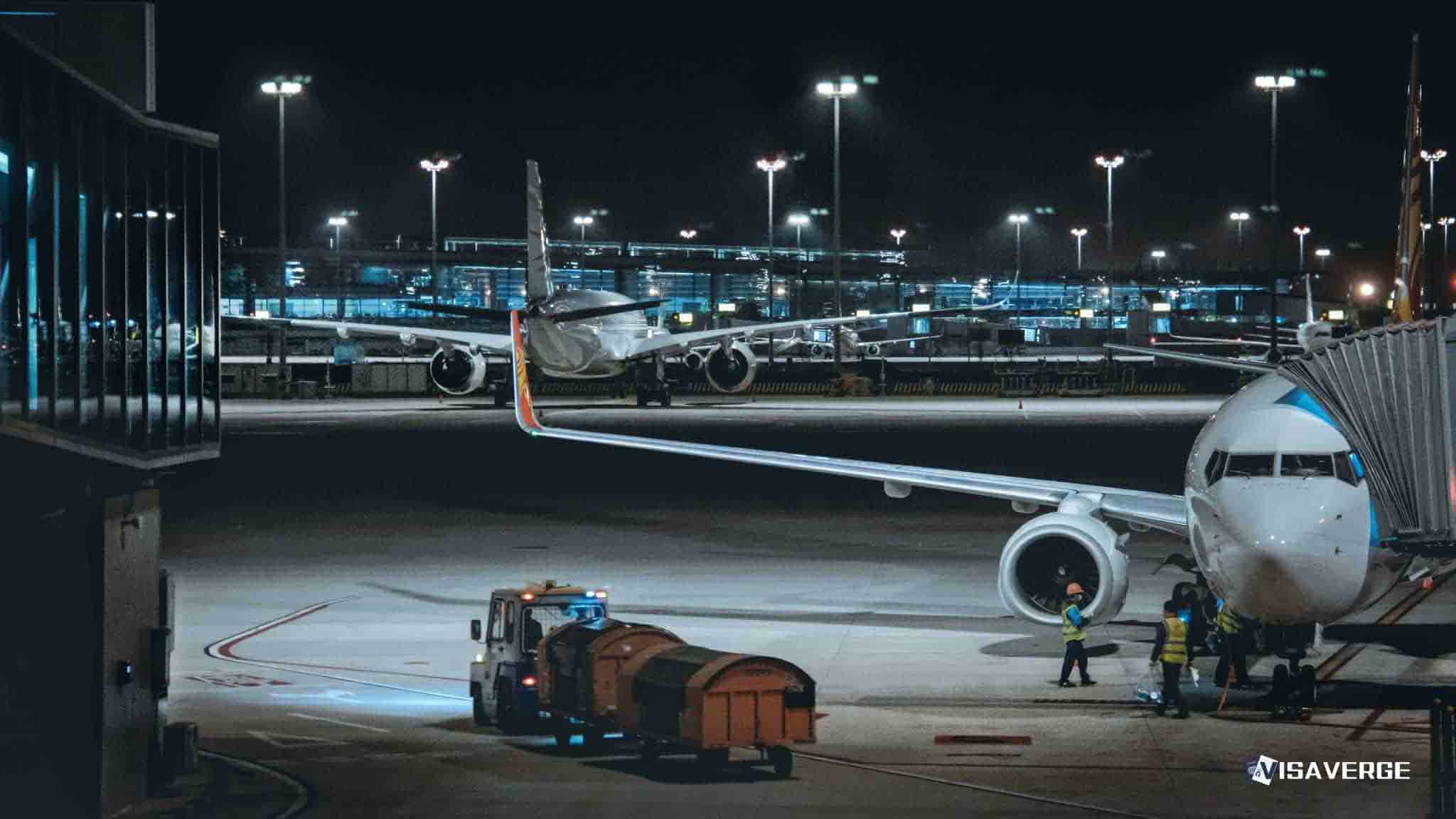President Biden’s latest visa screening drive is reshaping how people apply, how long they wait, and whether they can travel at all. Since June, the U.S. Department of State has rolled out expanded vetting for nonimmigrant visa applicants and switched on continuous checks for current visa holders, while also ending most interview waivers. The changes, issued in June and July 2025, are already causing longer lines at consulates, more temporary refusals under INA 221(g), and last‑minute travel changes for students, workers, and families.
What changed and when

- On June 18, 2025, State directed consular posts worldwide to apply broader screening to nearly all applicants, with extra focus on F‑1, M‑1, and J‑1 students and exchange visitors.
- Every applicant must now list all social media accounts used in the past five years and, before the interview, set each account to public so officers can review posts, tags, and connections.
- Officers are instructed to check for signs of terrorism, antisemitism, prior visa violations, or open hostility toward the United States.
- Many cases that once moved quickly are now paused in administrative processing, with consulates issuing short 221(g) letters while extra checks are done.
-
As of August 2025, State has also turned on “continuous vetting” for all visa holders, allowing the government to revoke a visa if new information suggests a ground of ineligibility, even after the person has entered the country. Roughly 55 million people with visas are covered by this ongoing monitoring.
-
In a separate move effective June 9, 2025, the United States suspended visa issuance for nationals of 19 countries with narrow exceptions. Affected countries include Afghanistan, Iran, Libya, Somalia, Sudan, and Yemen. The rule applies only to those outside the United States without a valid visa as of that start date; previously issued visas still work.
-
On July 25, 2025, State announced another major change: starting September 2, 2025, most nonimmigrant visa applicants must appear for in‑person interviews. Age‑ and category‑based waivers that allowed many renewals by mail will largely disappear. Applicants must file the DS-160 at least two business days before the interview, and the DS‑160 barcode must match the booking or the case will not be accepted at the window.
State frames the tighter process as a way to curb fraud and security risks and to create more face‑to‑face screening after years of pandemic‑era exceptions.
Policy details and consular practice
- Officers now review:
- Posts a person made.
- Material where the person is tagged.
- Public connections that may reveal associations or group activity.
- Officers are told to flag content that may tie to:
- Violence or hate, including antisemitism.
- Signals a person will not follow visa rules.
- Prior visa violations or fraud.
- When questions arise, consulates are issuing more 221(g) letters, often requesting time to run checks or asking the applicant to upload extra documents through the appointment portal.
-
Universities and employers report delays for start dates in late August and into the fall. Consulates in India, China, Mexico, and Canada report heavier demand and longer waits; staffing has not kept pace.
-
Advocacy groups (including NAFSA and the Knight First Amendment Institute) warn that forced disclosure of social media and public privacy settings may chill lawful speech. State responds that the steps answer security needs and help officers spot fraud across large caseloads.
Impact on applicants and institutions
Students
– Timing is particularly harsh for F‑1 applicants. A student who once qualified for mail‑in renewal now must:
1. Find an in‑person slot.
2. Submit the DS-160 days in advance.
3. Face questions about online posts that may date back years.
- If put into 221(g), a student might miss program start dates and need new I‑20 documents—sometimes at extra cost.
-
J‑1 scholars face similar pauses, leaving departments scrambling to cover classes or grant work.
Employers and workers
– Short personal trips (e.g., an H‑1B professional flying home for a wedding) can lead to:
– Administrative processing delays.
– Difficulty finding interview slots quickly.
– Possible changes to return dates and project timelines.
- Some companies consider keeping key staff in the U.S. rather than risking travel.
Family visitors
– Parents seeking a B‑2 to attend events can be delayed by a 221(g) tied to an old social media post or by limited interview capacity.
Legal and long‑term risks
– Immigration attorneys note more requests for advice on what online content may raise concerns.
– Applicants should fully answer social media questions on the DS-160. Omitting past handles can trigger misrepresentation findings with long‑term consequences.
Continuous vetting
– New information (an arrest abroad or alarming public posts) can prompt State to revoke a visa and alert border agencies. Revocation can prevent boarding or reentry even if it does not by itself decide removability.
– The policy creates uncertainty for long‑term residents who depend on visas, including families with U.S.‑born children.
Suspension for certain nationalities
– The June 9 suspension leaves many families split across borders unless they meet narrow exceptions.
– People from affected countries who already hold visas can still travel; those outside without visas must wait until the policy lifts.
Consular workload
– Officers must check social media, record findings, handle more interviews, and manage rising 221(g) cases. Backlogs are expected to grow through the end of the year.
Practical steps applicants should take now
Officials and campus advisors recommend these actions to reduce stress and improve the odds of smoother processing:
- Complete the
DS-160carefully and early.- List every social media handle used in the last five years.
- If you had multiple accounts on the same platform, list them all.
- Set social media profiles to public before the interview.
- Officers must be able to view posts, tags, and connections.
- Book an in‑person interview as soon as you’re allowed.
- Most nonimmigrant categories require interviews starting September 2, 2025.
- Mind the barcode rule.
- The
DS-160barcode must match the appointment record. If you start a new DS‑160, update the booking barcode.
- The
- Plan for 221(g) processing.
- Provide a phone number and email you can check from abroad.
- Tell employers or schools that short holds are common under expanded vetting.
- Monitor consular alerts.
- Check your consulate’s site weekly for appointment changes and local document rules.
- Coordinate with your school or employer.
- International offices and HR can time I‑20 or DS‑2019 updates and start dates.
- Keep travel flexible.
- Where possible, buy refundable tickets and avoid non‑moveable housing plans until the visa is issued.
Official resources
- The online
DS-160is the core nonimmigrant visa application and must be completed before booking an interview. Access it here: https://ceac.state.gov/GenNIV/Default.aspx -
State’s general visa news page carries updates on interview rules, processing pauses, and security screening: https://travel.state.gov/content/travel/en/News/visas-news.html
(These links are official U.S. government resources.)
How social media and context matter
- Officers are not only scanning an applicant’s own posts; they can see public tags and content from friends or groups that may be attached to an applicant’s profile.
- Lawyers stress that context matters and that calm explanations can help, but they warn that jokes, memes, or posts referencing violence, hate, or visa cheating can trigger questions.
- Advocacy groups argue forcing public profiles penalizes normal privacy choices and may push people to delete posts or self‑censor. The government’s stance remains that visas are a privilege and broad review of public information is part of risk screening.
Illustrative scenarios
- A graduate student from China files
DS-160on time, sets accounts public, and explains a meme from three years ago; the officer issues the visa the next day. - A post‑doc from Iran is blocked by the June suspension and must delay the project unless an exception applies.
- An H‑1B engineer in Mexico submits
DS-160three days early but uses an older DS‑160 barcode in her appointment profile; the consulate refuses the window case and tells her to rebook, delaying travel by weeks.
These vignettes show how barcode errors, suspended nationalities, and social‑media checks produce real‑world delays.
Outlook, policy direction, and timing
- The changes arrive during a peak season for academic and business travel, amplifying backlogs.
- State indicates more anti‑fraud steps are under review, including proposals affecting the Diversity Visa program (open for public comment until September 19, 2025).
- Officials plan continued improvements to open‑source checks and automated tools that scan public information; immigration attorneys warn algorithms can err and that human review is essential—especially when posts are translated or lack context.
Key takeaway: treat your online presence as part of the visa case, prepare for an in‑person interview, and allow extra time in all travel plans.
Employers and schools should build backup coverage, delay nonessential travel where possible, and maintain close contact with applicants. The policy goal is clear—to tighten screening—but the lived outcome for many applicants is extra waiting, more questions, and higher odds that travel plans will change. New limits and near‑universal interviews multiply those effects for millions.
This Article in a Nutshell
Summer 2025 rules expand vetting: social‑media disclosure, mostly mandatory interviews from September 2, and continuous monitoring of about 55 million visa holders, causing longer consular waits and more INA 221(g) delays. Applicants must complete DS‑160 early, match barcodes, set profiles public, and plan flexible travel.







